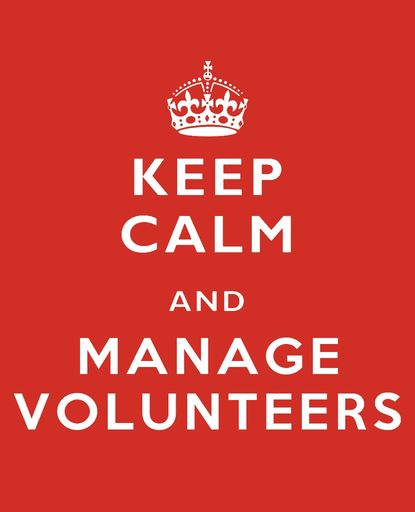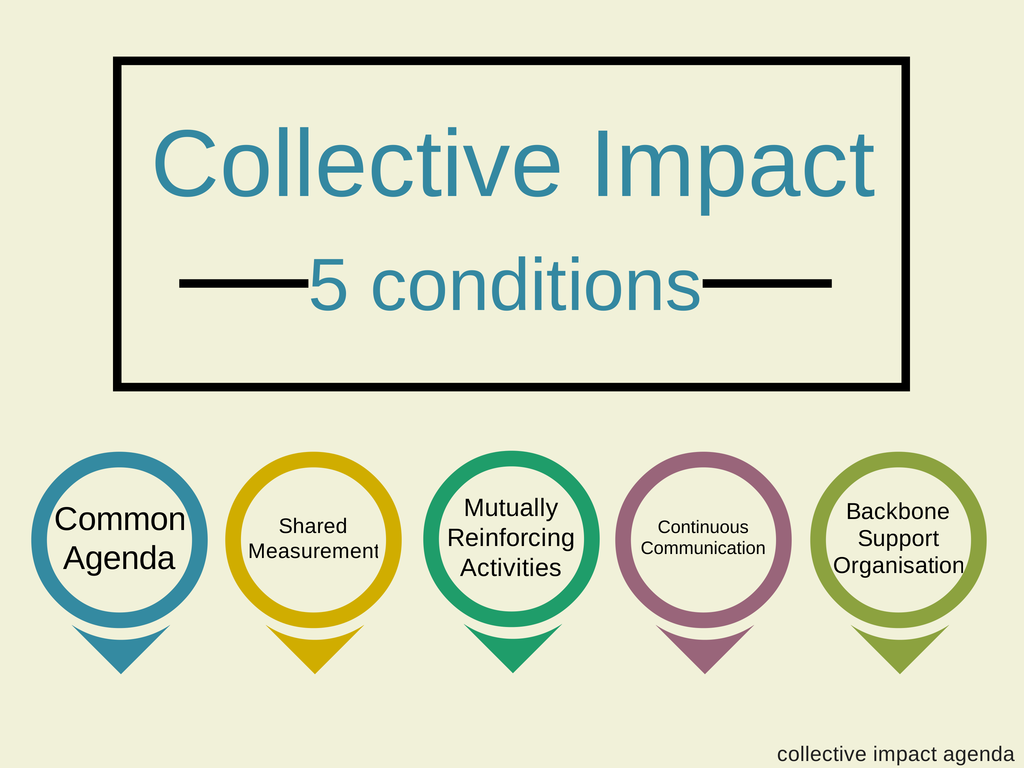
We’re nearing the end of board retreat season: the window of time between December, when elected officials are sworn in, and April, when budget deliberations start in earnest. All across North Carolina, local governing boards and managers hold retreats during this time to plan for their community’s future, strengthen working relationships, and make strategic choices about how to best allocate resources to achieve their goals.
Continue Reading







